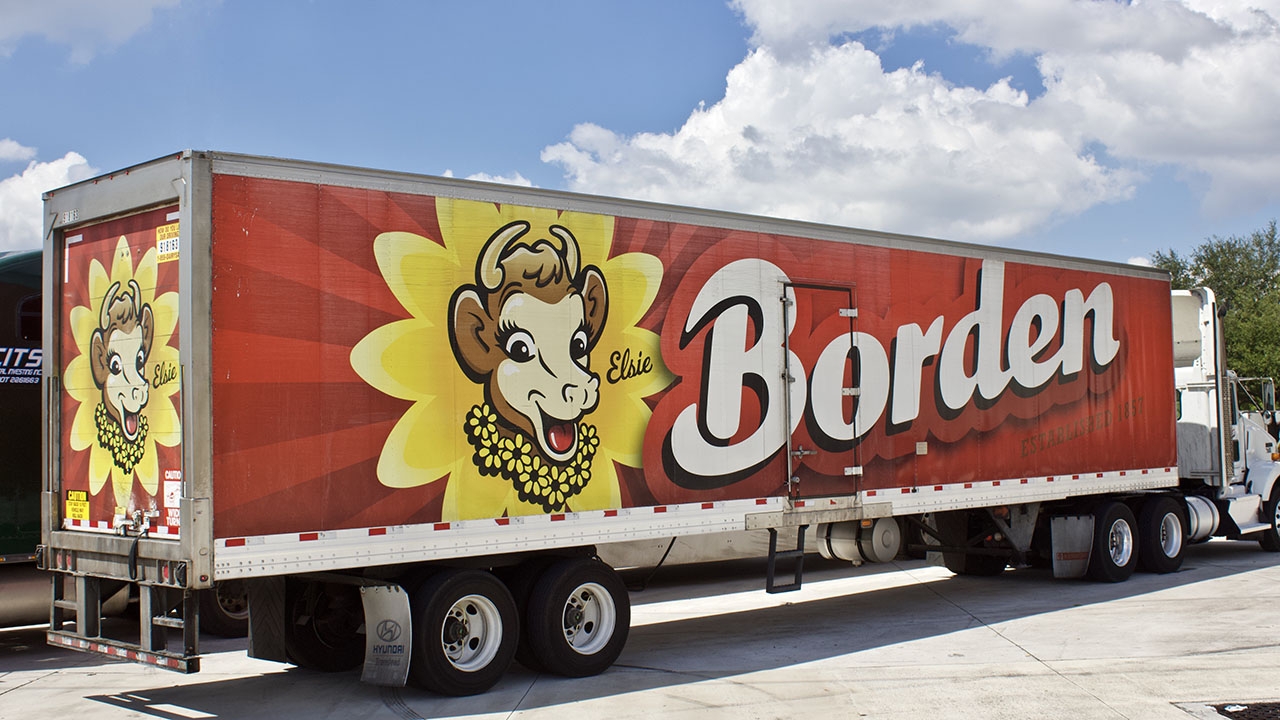Most of our readers with children in LCSS probably received a text message last Friday that read:
Beginning Monday, September 19, the price of a single milk will increase to $1.00. This doesn’t impact the milk already included with a student’s meal. Due to unforeseen circumstances, our current milk supplier has discontinued services causing our move to an alternate, more expensive milk.
This message left out many of the details behind this doubling in price, most notably the actual cause. Until now, LCSS has sourced its milk supply from the Texas-based Borden Dairy Company. The milk has been shipped directly from Borden’s plant in Dothan, Alabama, which happens to be one of two plants being closed by September 30 (the other being Hattiesburg, MS). Borden also closed its Charleston and Miami plants this past May.
Lee County will now be serving shelf-stable milk
Lee County will now be serving shelf-stable milk. Shelf-stable milk can be stored for 6 to 12 months without being refrigerated. This massively reduces the number of deliveries schools must receive and reduces the refrigerated space required to store the milk, but it nearly doubles the cost of the milk being purchased. While it is often cheaper in other countries, the most likely explanation for this dissonance in price is the supply of UHT (ultra-high temperature) pasteurized milk has not caught up with the recent increase in demand in the U.S. The text message above also neglected to mention that LCSS Comptroller Gary Kelley stated the school could recoup its costs for the new shelf-stable milk by charging around $0.85 per additional carton. However, Food Service Director Regina Dunn would rather avoid possibly having to adjust prices again in the near future.
According to Sherry Bunting’s article at agmoos.com:
Southeast dairy farmers report their mailed copy of a Dairy Alliance newsletter in July had already forecast more shelf-stable milk coming to schools as part of the strategic plan to protect and grow milk sales by ensuring milk accessibility and improving the school milk experience. In addition to the Borden plant closures, the report cited school milk “hurdles” such as inadequate refrigerated space requiring multiple frequent deliveries amid rising fuel and energy costs and labor shortages.
In short, it seems that a combination of rising transportation cost, reduced milk consumption, labor shortage, and rising production costs have taken their toll on the dairy industry.
Bunting reports that Borden filed for Chapter 11 bankruptcy around the beginning of 2020 and was purchased by Capital Peak Partners and Borden Bankruptcy creditor KKR & Co. in June 2020. Since that time, Borden has closed 14 of its plants impacting many of the 9,000 schools Borden served.
You may be wondering how shelf-stable milk is produced and how it can be stored for so long without refrigeration. The answer is two-fold. Gretchen Crighton at dairydiscoveryzone.com writes that while normal milk is pasteurized at 161oF for 16 seconds, shelf-stable milk is UHT pasteurized at 280 to 300oF for two to six seconds. This kills more bacteria and better sterilizes the milk.
The second part of the answer is the special packaging used for shelf-stable milk. TetraPak® is one of the leading producers of cartons for shelf-stable milk. Their infographic (below) depicts how sterilized, six-layer packaging protects its milk contents.

